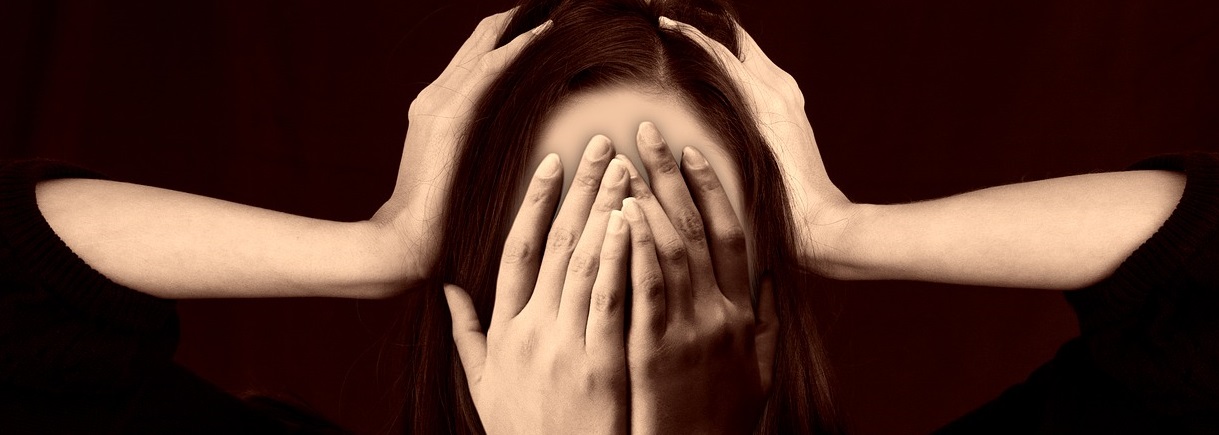Can you conceive of the “why” to what you say or do? Beyond the reasons and rationalising.
“To thine own self be true”, Shakespeare wrote in Hamlet. So how can we “be true” unless we know our self?
What do we mean when we speak of self- awareness and “being conscious” of our words and actions??
To be self-aware requires attention and effort. It is easier and quicker to evaluate others’ words and actions, or judge their motives and intentions than it is to decipher ours.
Perhaps unthinkingly or unconsciously we direct our attention outwards more often than we do inwards because it is challenging to look at ourselves, especially our Shadow (to use Carl Jung’s term) – this unconscious aspect of our personality which our conscious ego has trouble acknowledging or seeing.
Self-awareness will allow us to know our humanity and our place in it. We then are able to understand and know others .
So how do we learn to be self-aware? We have to be prepared
- to be present to, and aware of our thoughts and feelings. A contemplative practice is useful, and over time, it will become easier. I have no answer as to the measure of time this may be for you nor even for myself. It is not about arriving somewhere. I am not certain if there is even a destination we need concern ourselves with. It is the contemplative practice itself which brings to light the judgement, blame and shame we hold and from which we act.
- to hold our flaws gently in the palms of my hands, sometimes in playful lightness, sometimes in repose, always mindful to not judge. In this I do not always succeed. That is okay too. The very act of being aware of my Shadow is by itself, empowering and humbling – to walk this life with consciousness. The crux is to know when we are judging; if we can name it, we are more likely to be able to let the act or thought go.
The essence of any contemplative practice is twofold – silence and stillness. As opposed to being ‘silenced’ by a fear, in protest or by resignation, silence in meditation is empowering because we come to sit in that space in which we are aware of ourselves, of our world and our relationship with the world; and we then have the choice to accept ourselves for who we are – to be true.
“The point [of meditation] is not to improve yourself …but to come back to who you are, the awareness that is your birthright” ~ Jack Kornfield
To do this,
- we need to be prepared to turn to which is difficult in order to learn something of value,
- be willing to seat ourselves in the middle of everything, joys and sorrows,
- to trust this space of awareness with a loving and compassionate heart, and
- to acknowledge this is our humanity.
Be still instead of perpetually chasing or running away. This is what it means to be present – to not look to our history and judge and attempt to fix it, to not look to our future and judge it against ideals we have inherited from our past or history.
Presence and awareness becomes the springboard from which we take our next steps – understanding and evaluating, inwards and outwards.
As Zen master, Suzuki Roshi, said,
“I do not know anything about higher consciousness, I just try to teach my students how to hear the birds sing.”
How beautiful, how simple! Be here.
When we do not look to judge, blame or shame, perhaps then the task of becoming self-aware becomes less confronting.
~ FlorenceT





